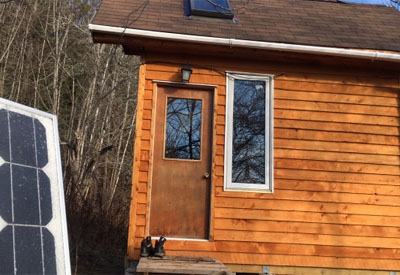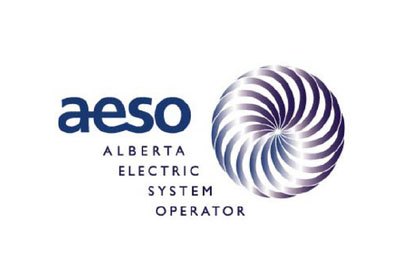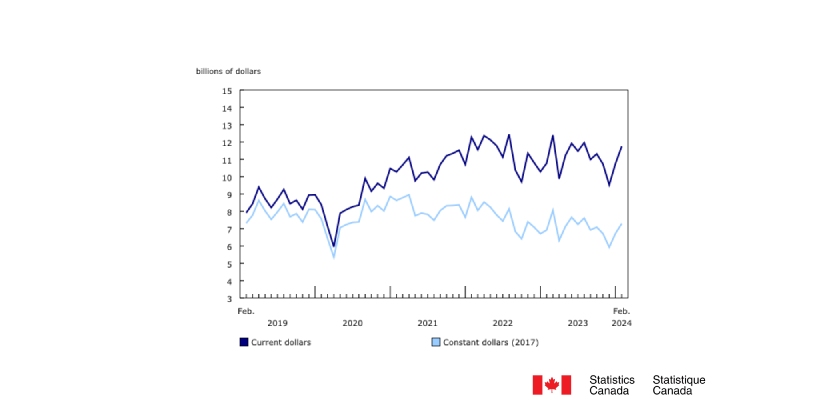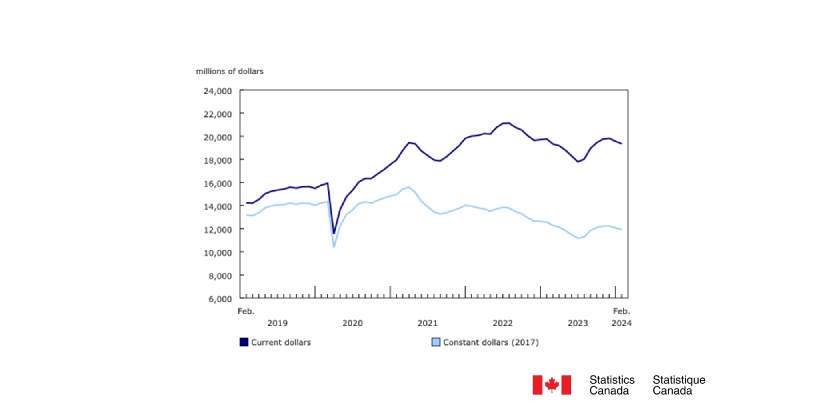Electrical Engineer Builds Tiny Home to Showcase Affordable Power Source

January 4, 2018
Caleb Grove built an eight-by-12 foot house – a micro home – in six months, for $10,000.
But it’s not to showcase his building skills. It’s to shine a light on his scalable, and cheap, power set-up.
Powered by solar, 12 volt batteries store enough power to run lights, a laptop, and a fan in the home.
Grove has installed 40 similar systems on a small island in Africa called Mbissa.
The first place to get electric light was a health clinic. Grove says it was greeted with a hushed awe.
For almost a decade, Grove grew up on that island, when his missionary parents decided to settle their family there in 2000.
To get to Mbissa, you pass through the mainland that has a spotty electrical grid that most people can’t afford to tap into. Then you get to the end of the road, take a boat, and arrive at the 3000 person island of subsistence farmers and fishers.
Grove was eight then. At 17, he decided to get an electrical engineering degree from the University of New Brunswick. While completing his degree, he convinced various UNB funding agencies to donate more than $30,000 dollars as he went back and forth to Africa to perfect his power system.
“The people in Cameroon, have, through our technology, a plug and play system,” says Grove, holding up something about twice the size of an insulated coffee mug.
“So someone who wants to put in their solar electricity, it’s extremely simple. They don’t need a background in electrical engineering to come up with this product.”
“And so to be able to take that and do that here would be the same idea.”
When developing the system, Grove said he had to make something that was cheap, could be made with local materials, and would be easy to install..
“I have to make sure that it’s done so that when I leave, if I leave it will continue. So that means is that it is not the white man coming in to do work. That makes it sustainable. It is theirs,” says Grove.
“And that has been a long and difficult battle. The word for electricity in their language is ‘munong micra’, it means ‘the fire of the foreigner’. And I’ve been trying to tell them you need to call this ‘munong Mbissa’:’the fire of Mbissa,’
Grove adds: “Something that even if a foreigner is not there to give it to you, you can still do it, because you have the power, you have the tools and you have the knowledge and education you need to do it.”
Source: http://www.cbc.ca/news/canada/new-brunswick/micro-home-power-system-1.4440658
















